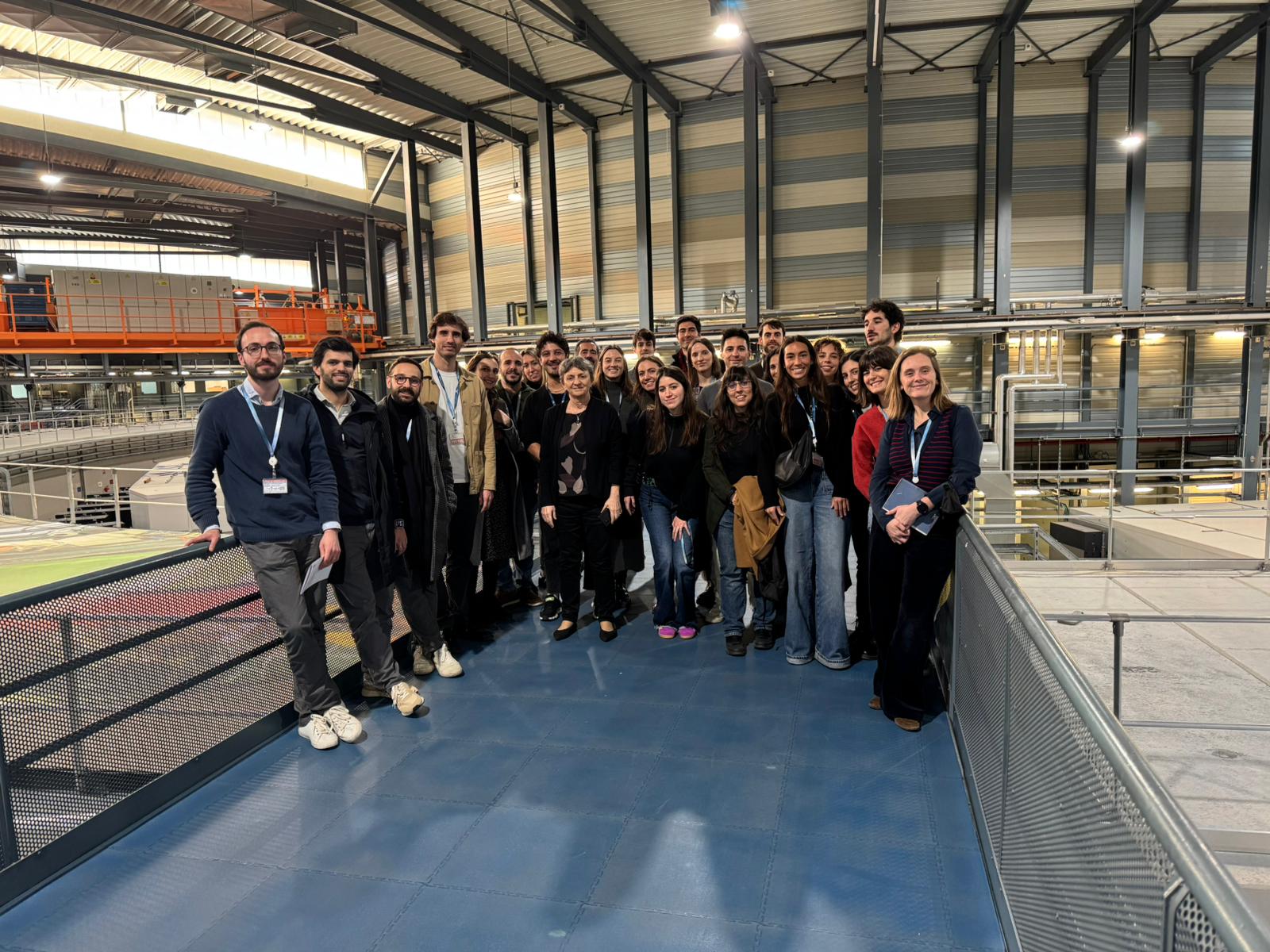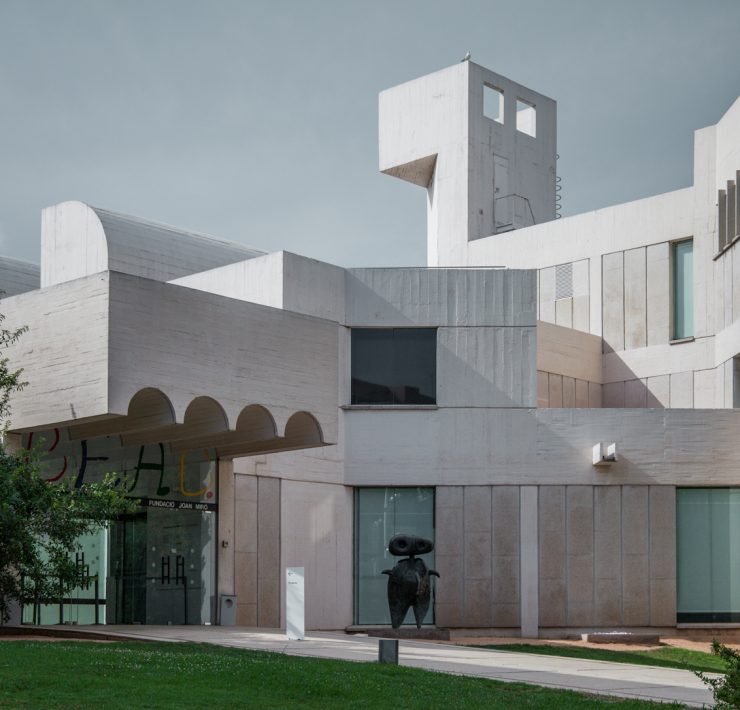The Barcelona of Science


Eduardo Valero
Pre-sales Engineering en Telefónica
Barcelona has established itself in recent decades as a scientific benchmark at both the national and international level, becoming one of the main scientific hubs in Europe. The city has a very strong scientific ecosystem, especially in sectors such as biomedicine and technology, with the health field being the most prominent.
Entities such as Biocat, born from a public-private alliance, are key to driving this health and life sciences innovation ecosystem, bringing together and integrating representatives from the various stakeholders in the sector. Likewise, institutions such as the Barcelona Institute of Science and Technology (BIST) promote collaboration across scientific disciplines with the aim of advancing interdisciplinary excellence in science to generate cutting-edge research.
Barcelona is home to cutting-edge institutions, hosting more than 90 research centers, including prominent ones such as the Barcelona Supercomputing Center (BSC-CNS), the Parque de Investigación Biomédica de Barcelona (PRBB) or the Sincrotrón ALBA. These institutions contribute significantly to global scientific output. In 2024, according to Nature 's reports on scientific cities, Barcelona ranked among the 50 most influential cities in science, with 1,478 scientific publications, leading the ranking in Spain and placing ninth in Europe.
This positioning is further strengthened by Barcelona’s ability to attract international talent, with 26% of scientific professionals coming from abroad. Organizations such as the Catalan Institution for Research and Advanced Studies (ICREA) play a key role in this effort, attracting and retaining top-level researchers and integrating them into existing institutions, thereby raising their scientific standing and enhancing global scientific competitiveness.
All of this is due, in part, to the importance placed on science in Catalonia and Barcelona, where it has been a strategic priority for the city. This commitment has driven initiatives such as the Pla de Recerca i Innovació (PRI) and the Pla Específic de Recerca i Innovació en Salut (PERIS).
Challenges
Despite these advances, Barcelona still faces key challenges in establishing itself as a global benchmark in science and innovation.
1. Early-stage funding
One of the main challenges is the limited access to funding in the early stages of projects. Public and private support often comes only once a project has demonstrated maturity and potential, which makes it difficult for truly disruptive ideas to emerge from the outset or for long-term projects to be developed.
It is necessary to establish a strategy to promote seed capital mechanisms that support disruptive research and push the boundaries of knowledge in a way that generates real social impact.
2. Knowledge transfer
Another challenge Barcelona faces is the difficulty in transferring the knowledge generated in research centers to the productive sector, whether through patents, collaborations with companies, or spin-offs.
Although the regulatory framework ensures rigor and transparency, administrative procedures can be complex and slow, especially for researchers who do not come from or have experience in the business world. Added to this is a cultural and educational gap: academic excellence and scientific output are prioritized, while entrepreneurship and applied innovation do not always receive the necessary support.
Strengthening the entrepreneurial culture through training, specialized business mentoring, and tailored support in the development of business projects will be key to closing this gap and facilitating the transition from science to market.
3. Talent attraction and retention
Barcelona has shown a strong ability to attract highly qualified professionals, both national and international, thanks to its scientific excellence, quality of life, and international outlook. However, long-term retention remains a challenge.
The city must establish itself as an environment where talent not only arrives, but also finds the conditions to grow, stay, and lead.
4. Public-private alliance
Another challenge highlighted by various stakeholders is the need to strengthen public-private collaboration. Although numerous initiatives are underway, the different actors often do not know each other and operate in isolation.
It is crucial to promote programs and platforms for exchange, visibility, and strategic coordination mechanisms to build bridges, align efforts, share progress, and generate synergies by connecting science, business, and public administration.
Opportunities
Barcelona has the talent and vision to lead the future of science in Europe. But to achieve this, it must continue to pursue a strategy that integrates research, collaboration, knowledge transfer, and investment in its talent. In doing so, it will be able to translate its scientific potential into greater real and lasting impact for the city.
If you want to know the latest English news about Barcelona and the people who bring it to life, sign up to our Blog.







